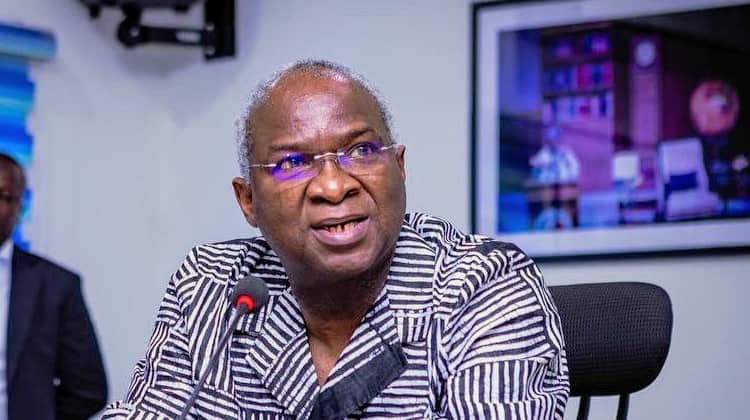Former Lagos State Governor and also ex Minister of Works and Housing, Babatunde Raji Fashola, has described the idea of full autonomy for local governments in Nigeria as “unrealistic” under the country’s current constitutional framework.
Fashola’s comments come amid renewed debates around local government reforms and calls for increased financial and administrative autonomy for Nigeria’s 774 local councils.
Speaking in an interview on Channels Television on Saturday, Fashola argued that the 1999 Constitution does not support the independence of local governments from state governments.
According to him, a close reading of key constitutional provisions reveals that local governments were never intended to function autonomously.
“As it stands today, it is unrealistic to expect autonomy for local governments created by the constitution. They were not meant to be autonomous. That is my view after a very, very close reading of certain provisions of the constitution,” Fashola stated.
Fashola pointed out that state Houses of Assembly are empowered to make laws guiding the operations of local governments.
This, he said, inherently contradicts the idea of autonomy, which implies independence from external authority.
“If you look at the legal and ordinary meaning of the word ‘autonomy,’ it suggests that you are acting independently without any outside influence and authority.
To that extent, a state house of assembly making laws for what and how a local government can function is in itself an external influence,” he said.
Fashola also emphasized that control of land as an essential factor in executing many local government responsibilities, rests with state governments. This, he noted, further undermines any claim to full autonomy.
“All of those responsibilities are dependent on one item: land. And to the extent that the state government controls land, which affects how the local governments will carry out these functions, I didn’t think that autonomy was intended.”
He instead suggested that what the constitution envisages is a form of intergovernmental collaboration, supervision, or oversight between the state and local governments.
Citing Section 162 of the 1999 Constitution, which mandates the existence of a State Joint Local Government Account, Fashola recalled the rationale behind the shift from direct federal allocation to local governments.
“Because up till 1999, the local governments used to collect their monies directly from the federation account under a process that I think was known as JAC; Joint Accounts and Education something,” he said.
“But with the return of democracy, it was discovered that many local governments were defaulting in basic obligations like paying salaries for staff, healthcare workers, and teachers. There was a backlog of debts,” Fashola revealed.

